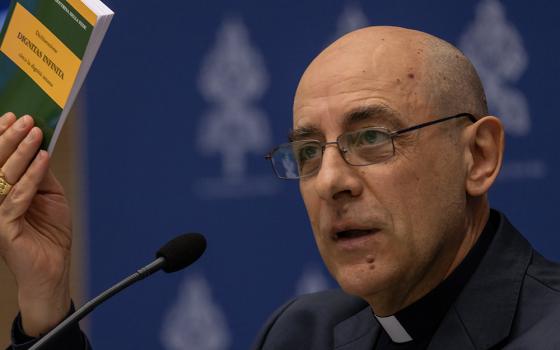EXODUS TO THE VIRTUAL WORLD: HOW ONLINE FUN IS CHANGING REALITY
By Edward Castronova
Published by Palgrave Macmillan, $16
Every day millions of people get together -- virtually -- to trade goods, slay beasts and talk to wizards -- all from the comfort of their computer chairs. At first blush, the fantastic world of online video games like “World of Warcraft” and “EverQuest” -- where people are slaying those beasts -- may appear to be just another form of entertainment.
But Edward Castronova’s Exodus to the Virtual World says we should pay attention to the “migration” of millions of people to the virtual space of online video games. We should pay attention, he writes, because “the real world is losing people” to the virtual world. Castronova believes that the fun of online games has become far preferable to the real world for millions of people.
He goes on to make the bold prediction that people will, sometime in the near future, begin to demand that the real world look more like the virtual world. For example, unemployment in the real world will become intolerable because in video games, every character always has a job to do.
It is not clear that such predictions are ultimately as compelling as Castronova wants them to be. He admits the problem of “speculation” from the outset but speculates so much that the argument becomes difficult to accept. How do we know what the effects of any given technology will be? Castronova also defines “fun” from a very particular perspective. For him, fun is what happens in games that tap into our instincts for survival.
Ultimately, Castronova makes no effort to admit other definitions of fun, or to consider fully what tension there might be between fleeting fun and true happiness. He also does not account for the other things that help people evaluate the world around them. It is difficult to imagine, for example, the role of a robust religious tradition in Castronova’s vision of the future.
The social phenomenon of online video games can raise interesting theological questions such as how to define “fun” and “happiness,” or how to love your neighbor in the virtual world.
Castronova’s assertion that millions of people spend millions of hours on these games should make us examine them more closely. Video games used to be the realm of the young and few, but online video games are connecting people from all walks of life and from all over the world. Ultimately, however, Castronova’s book falls short by failing to consider the complexity of human behavior and the utter unpredictability of particular technologies.
[Katherine G. Schmidt is a doctoral student in the department of religious studies at the University of Dayton, Ohio. Her interests include the intersection of theology and popular culture, and she has written on virtuality and the body.]








